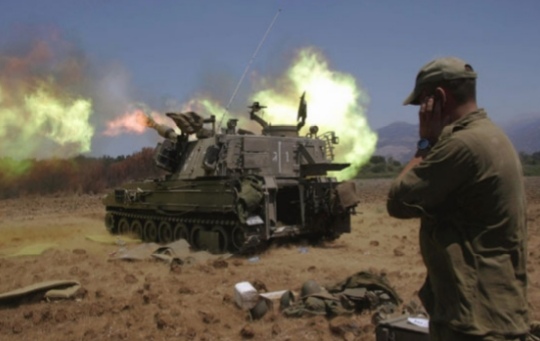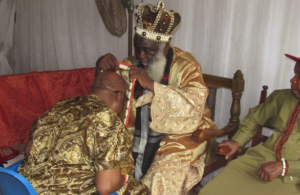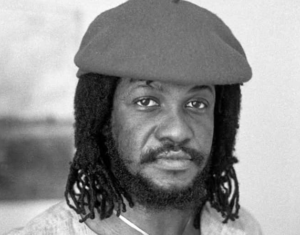Victory unsure over Israeli Hezbollah war.
5 min read
Smoke rises from southern Lebanon following Israeli strikes, amid cross-border hostilities between Hezbollah and Israel, as seen from northern Israel, October 8, 2024.

Smoke rises from southern Lebanon following Israeli strikes, amid cross-border hostilities between Hezbollah and Israel, as seen from northern Israel, October 8, 2024.
The Ziv hospital in northern Israel is on high alert. Non-urgent operations are on hold, staff has been asked to consider donating blood when needed, and all patients – including newborns in the maternity unit – have been moved underground.
The expectation here is clear: If Israel ends up sending more troops to southern Lebanon, it could get bloody.
“We have been in a war situation for the past year, but after the army entered into Lebanon, our services and all of the staff are ready for, unfortunately, the next wave of casualties,” the hospital’s director, Salman Zarka, told CNN.
Ziv Medical Center is the only hospital in the area and the closest to Israel’s borders with Lebanon and Syria, as well as the occupied Golan Heights. The hospital in Safed has been receiving people injured in cross-border fire for months, including children hurt in the deadly attack on Majdal Shams in July.
“When you have combat on the ground, usually you have more wounded and, unfortunately, dead soldiers. I hope it will not happen, (but) we have to be ready,” Zarka, an IDF reservist and a former commander of the IDF’s Medical Services Center, added.
When the Israel Defense Forces (IDF) launched a ground operation against the Iran-backed militant group Hezbollah in southern Lebanon last week, its commanders insisted any action across the border would be “limited” in both geographical scope and duration. But the reality on the ground indicates it might be preparing for the possibility of a much bigger war.
Prof. Salman Zarka, director of the Ziv Medical Center, told CNN the hospital is ready for the possibility that it may start receiving more casualties.
Prof. Salman Zarka, director of the Ziv Medical Center, told CNN the hospital is ready for the possibility that it may start receiving more casualties. Ivana Kottasova/CNN
The IDF said on Tuesday that units from four divisions are now fighting in southern Lebanon. The force doesn’t disclose its troop numbers, but each division is thought to consist of some 10,000 to 20,000 soldiers. Israel has also broadened evacuation orders to roughly a quarter of Lebanese territory, with more than 1.2 million people now displaced, according to the United Nations.
Daniel Sobelman, an international security expert at the Hebrew University of Jerusalem, said the IDF has remained intentionally vague about the scope of the operation.
“Initially, Israel said this is just to make sure that all the (Hezbollah) infrastructure on the other side of the fence is destroyed,” he said.
“But the thing that we all know is that this infrastructure doesn’t stop a few hundreds of meters or even a few kilometers in, it stretches out all the way to Beirut, into northern Lebanon, into the Beqaa Valley. If Israel really wants to clean up that area, then we would be looking at a very long-term operation,” he said.
People carry salvaged items amid the rubble of buildings damaged during an Israeli air strike the previous night on the Bureij refugee camp in the central Gaza Strip on October 8, 2024, amid the continuing war between Israel and the Palestinian militant group Hamas.
The idea of a major ground invasion causes concern on both sides of the border, where memories of the last war remain raw. The 2006 conflict is known in Israel as the “Second Lebanon War” even though it was the third time Israel publicly said it entered Lebanon’s territory, after invading it in 1978 and 1982. The war ended in a stalemate after 34 days, after some 1,100 Lebanese and about 170 Israelis, including 120 soldiers, were killed.
For the Lebanese, the current conflict is already bloodier than the last war. More than 1,500 people have been killed in the country since September 16, when Israel stepped up its campaign against Hezbollah, according to a CNN tally of Lebanese health ministry statements.
Several international organizations have criticized Israel for the escalation. The UN said last month that “while Hezbollah has fired more missiles indiscriminately, forcing thousands of Israelis to leave their homes, Israel has escalated its indiscriminate and large-scale airstrikes across Lebanon,” warning that the increased violence “adds to the instability.”
And while the casualties on the Israeli side are much lower and mostly limited to military, they are not insignificant: At least 14 IDF soldiers have been killed. Zarka told CNN there has also been a steady stream of injured soldiers coming to the hospital since the ground operation started – the hospital received well over 100 in just the first few days, he said.
Both the IDF and Hezbollah said there had been fierce clashes and several cross-border attacks in the past week.
Smoke billows as a result of rockets launched from Lebanon into northern Israel, next to the city of Kiryat Shmona by the border with Lebanon, on June 4, 2024, amid ongoing cross-border clashes between Israeli troops and Hezbollah fighters. Since the outbreak of war between the Palestinian militant group Hamas and Israel on October 7, the Lebanese-Israeli border area has witnessed near-daily exchanges of fire, mainly between the Israeli army and Hamas ally Hezbollah.
‘There will be a lot of deaths’: Israelis living near Lebanese border fear tit-for-tat escalation
The level of resistance from Hezbollah has surprised many observers given that Israel has recently killed nearly the entire leadership of the Iran-backed group, including its long-time chief Hassan Nasrallah.
At the same time, Hezbollah continues to fire rockets into Israel on a regular basis. And while most of the projectiles are intercepted by Israeli air defense systems, some slip through. On Wednesday, two Israeli civilians were killed when a rocket struck Kiryat Shmona, a town a few miles away from the border.
Several Israeli soldiers who are currently fighting in Lebanon told CNN the open, mountainous terrain where their enemy is at home makes the operation difficult.
One soldier, who was deployed to Gaza from October to March and in July and August and who is now fighting in southern Lebanon, said the war along the northern border is very different to what he experienced in Gaza.
“The challenge is not that Hezbollah is more equipped by Iran or have more training. The challenge is the switch in the head from months of fighting in an urban territory versus fighting in an open area territory,” he said, adding that even the most basic maneuvers – including the way soldiers move around in a column – are completely different.
Since IDF troops are not allowed to speak to the media without official permission, CNN is not publishing the name of the soldier.
Source: www.cnn.com





